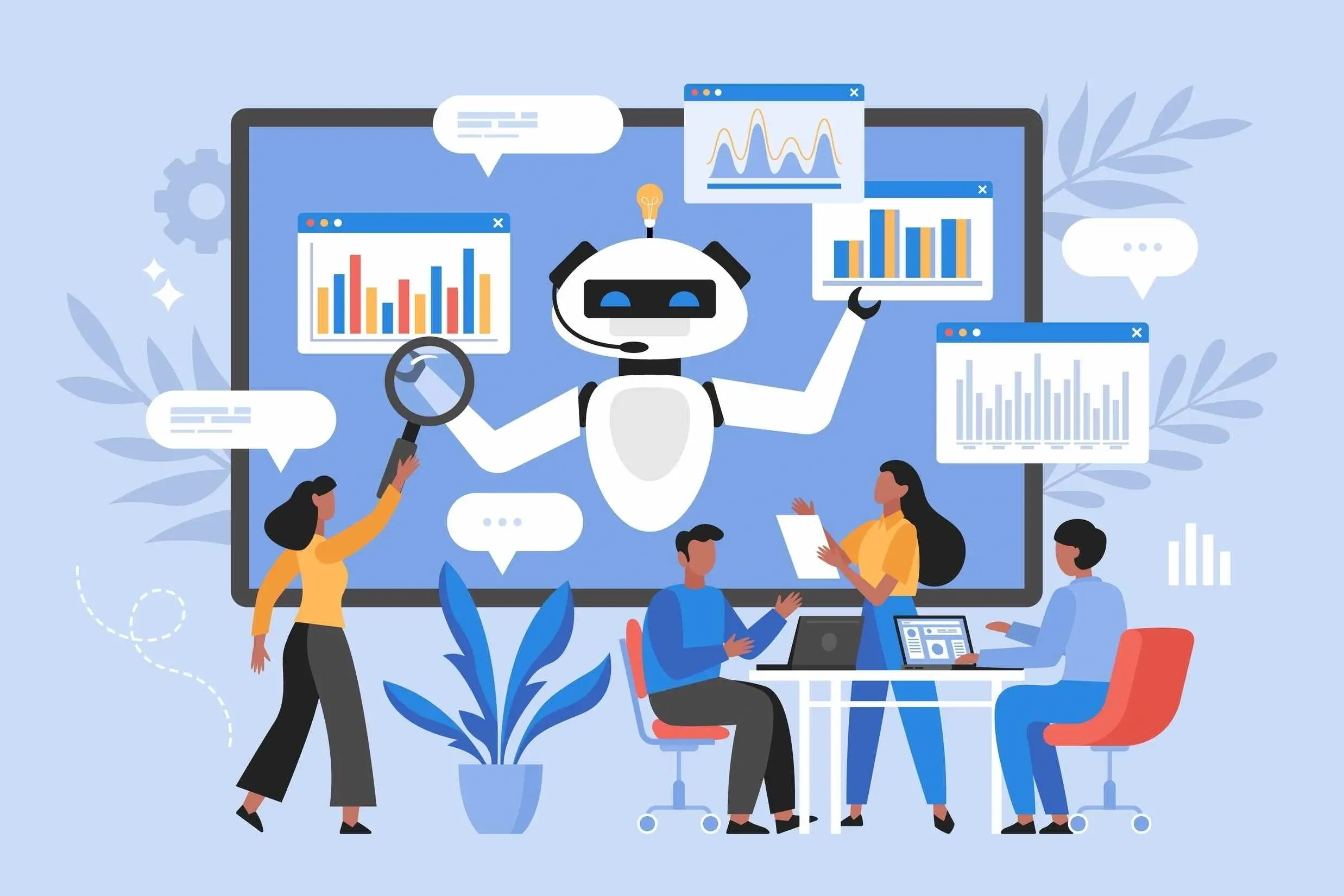AI has become more powerful in recent months and is a popular choice for speeding up the marketing workflow. There are a lot of AI marketing tools available. This can make it difficult to know how to get started. Fortunately, it’s not difficult to use AI in marketing. In this post, we’ll look at why you’d want to use AI in marketing, see the advantages and disadvantages, and look at some of the most popular AI marketing tools.
Why Use AI in Marketing
AI tools are valuable for marketers and provide many benefits. AI marketing tools don’t replace humans completely, but they do help humans create the best marketing campaigns for their needs and goals.
They save time, reduce cost, improve quality, and enhance the user experience. AI marketing tools can help marketers get a head start on their marketing efforts, make better decisions, and optimize their content for the best results.
Of course, if you’re a marketer you need a good website. Verpex has lots of hosting options to meet any of your website needs. Take a look at WordPress website hosting and start your marketing website today.
The Best AI Marketing Tools
Many platforms now have an AI element. To get the most out of AI in marketing, it’s best to understand the tools and choose the right tools for the task.
Here’s a look at some of the most popular AI tools for marketing. We’ll discuss each tool and see their best use cases. Some are specific to marketing while others are more general apps that work well for marketing.
ChatGPT
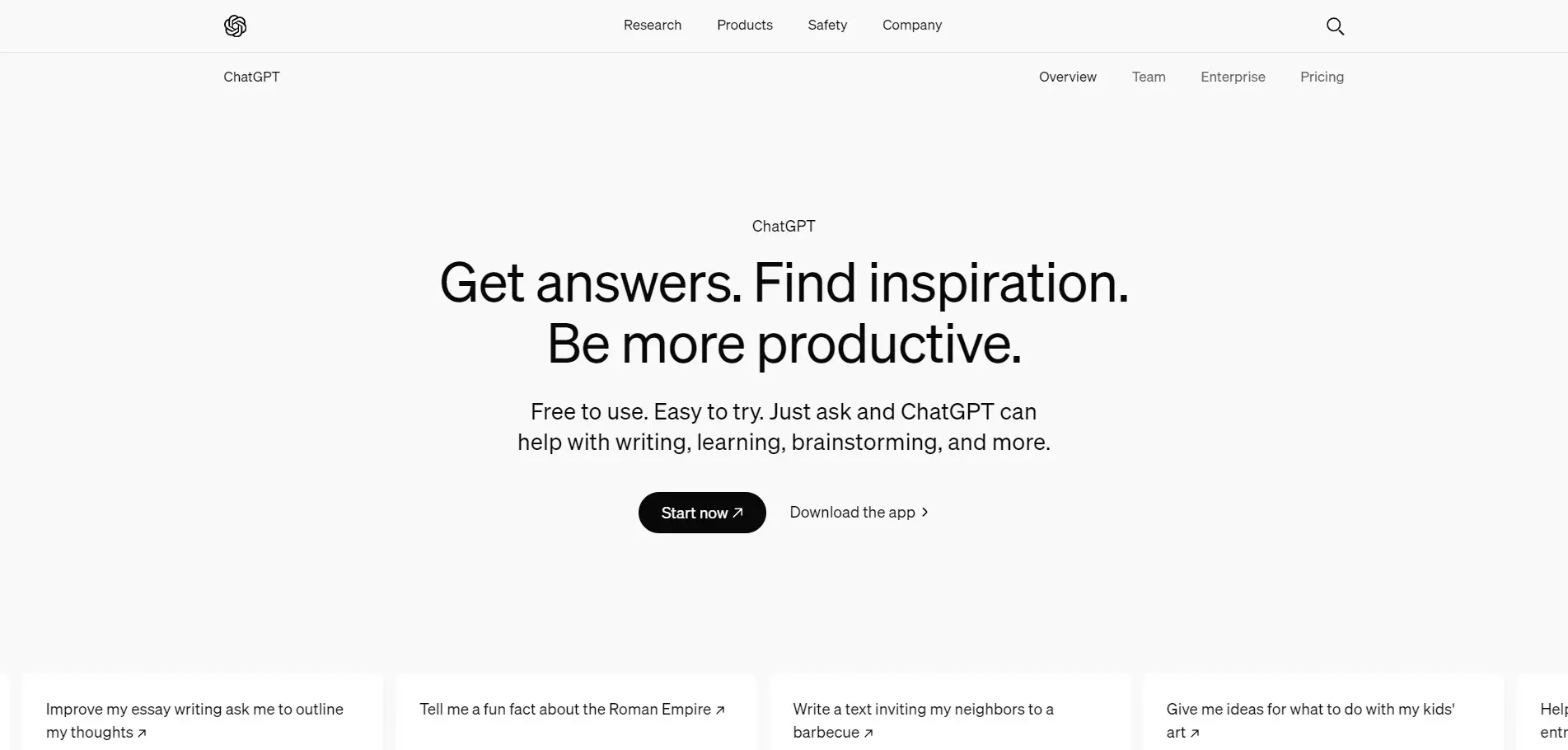
ChatGPT is excellent for content research and identifying keywords for your topic or audience. It can automate content creation, generate content ideas, and optimize that content. It’s also helpful for generating insights based on your data.
There are two versions. Version 3.5 is free to use. Version 4.0 costs between $20-25 per month.
Jasper
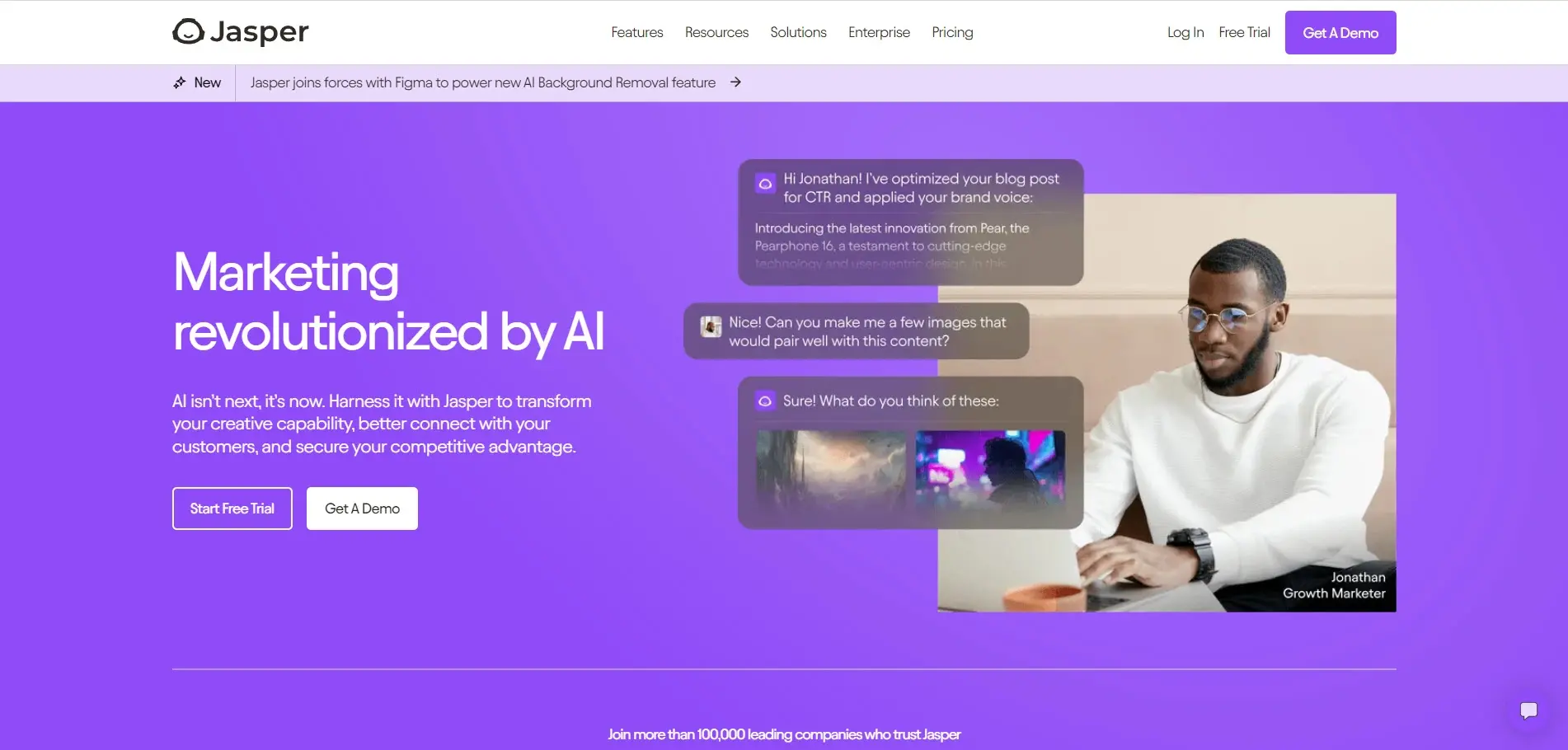
Jasper is an excellent tool for copywriting. It can write in different styles including a natural voice in your brand’s tone. It’s similar to ChatGPT, but having an AI to write in your branded tone gives you a stronger starting point for your web page copy, email copy, blog posts, product descriptions, etc.
Prices range from $40-60 per month depending on the number of users, brand voices, and features such as user management and art. There’s also a custom option available for larger businesses.
MarketMuse
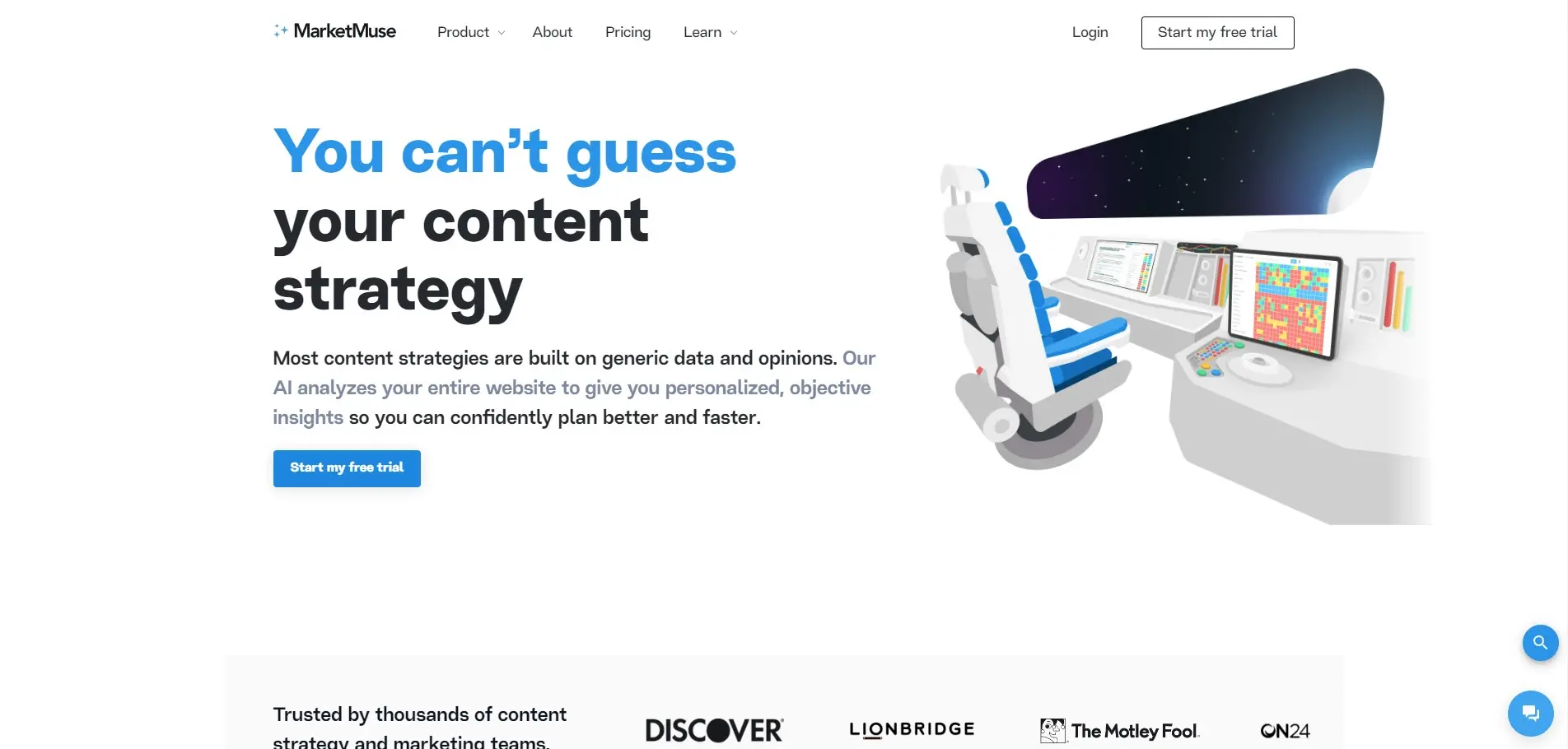
MarketMuse was designed specifically for marketing. It includes lots of features that digital marketers need including content planning, content optimization, and performance monitoring. It also provides page-level insights and includes a competitor analysis, which isn’t found in most AI platforms.
Prices range from $150-400 depending on the features you want. It also includes a custom option that’s ideal for large teams.
Persado
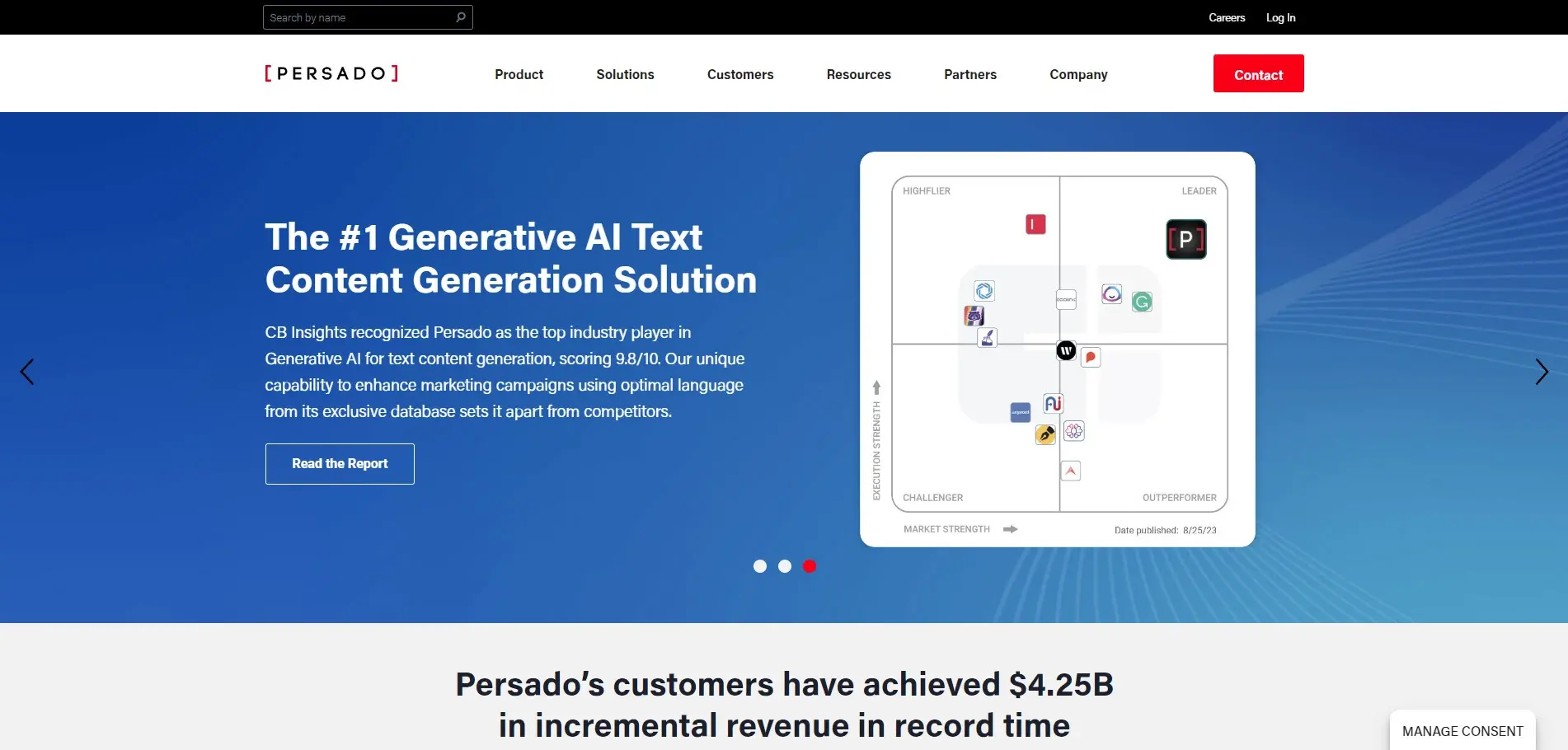
Persado is a generative AI platform that’s designed for marketing and revenue performance and works in all areas of marketing. It personalizes the digital experience for customers and motivates them to engage with your brand. It uses a motivational database to determine intent and the emotional context.
Prices are provided on a case-by-case basis. This one is ideal for very large enterprises.
Lexica
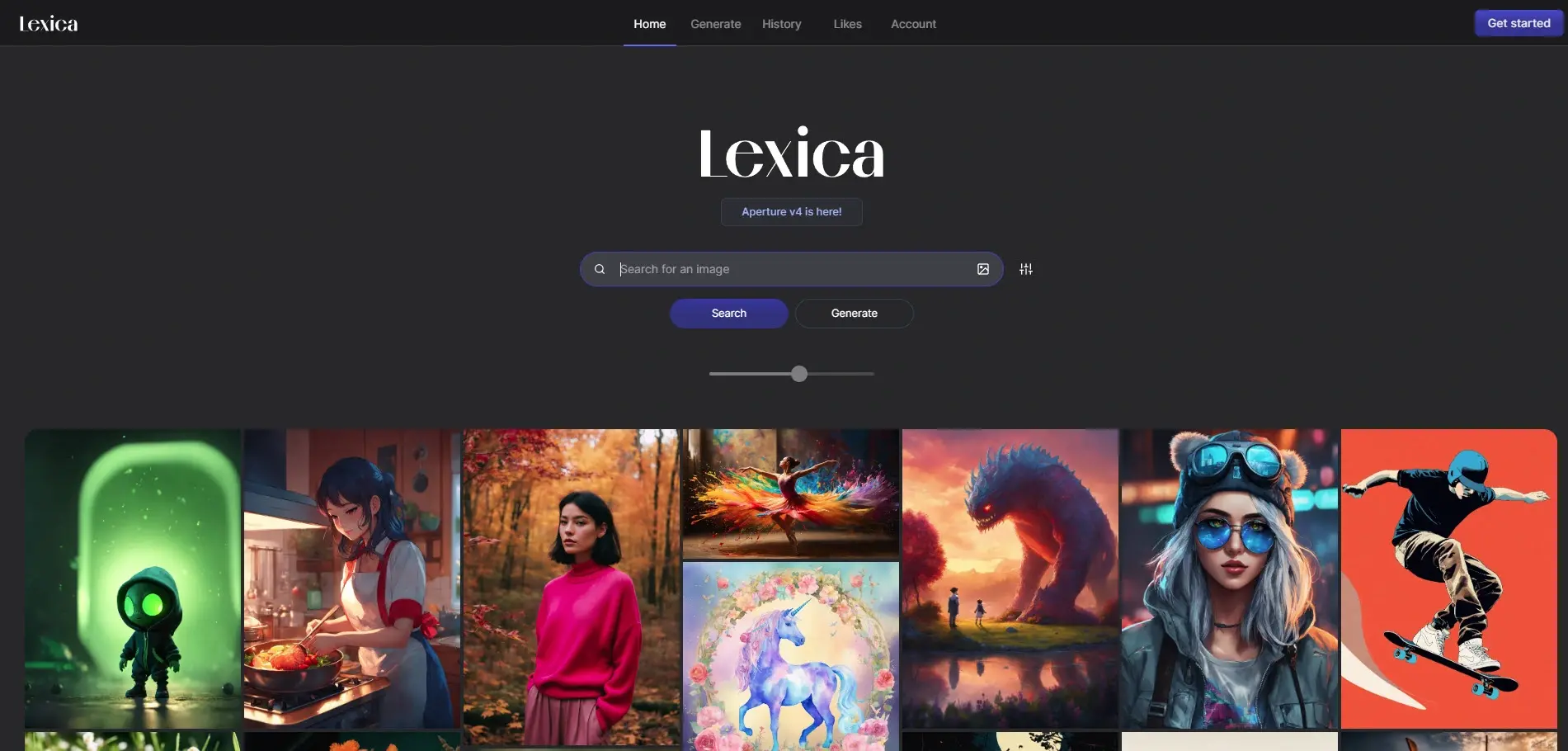
Lexica is an AI platform that creates art. It works great for creating images for your content. It’s ideal for creating featured images for blog posts and social media posts.
Plans range from $8-48 per month based on the number of fast generations you want to make, the type of license, etc. Commercial licensed art starts at $24 per month.
Chatfuel
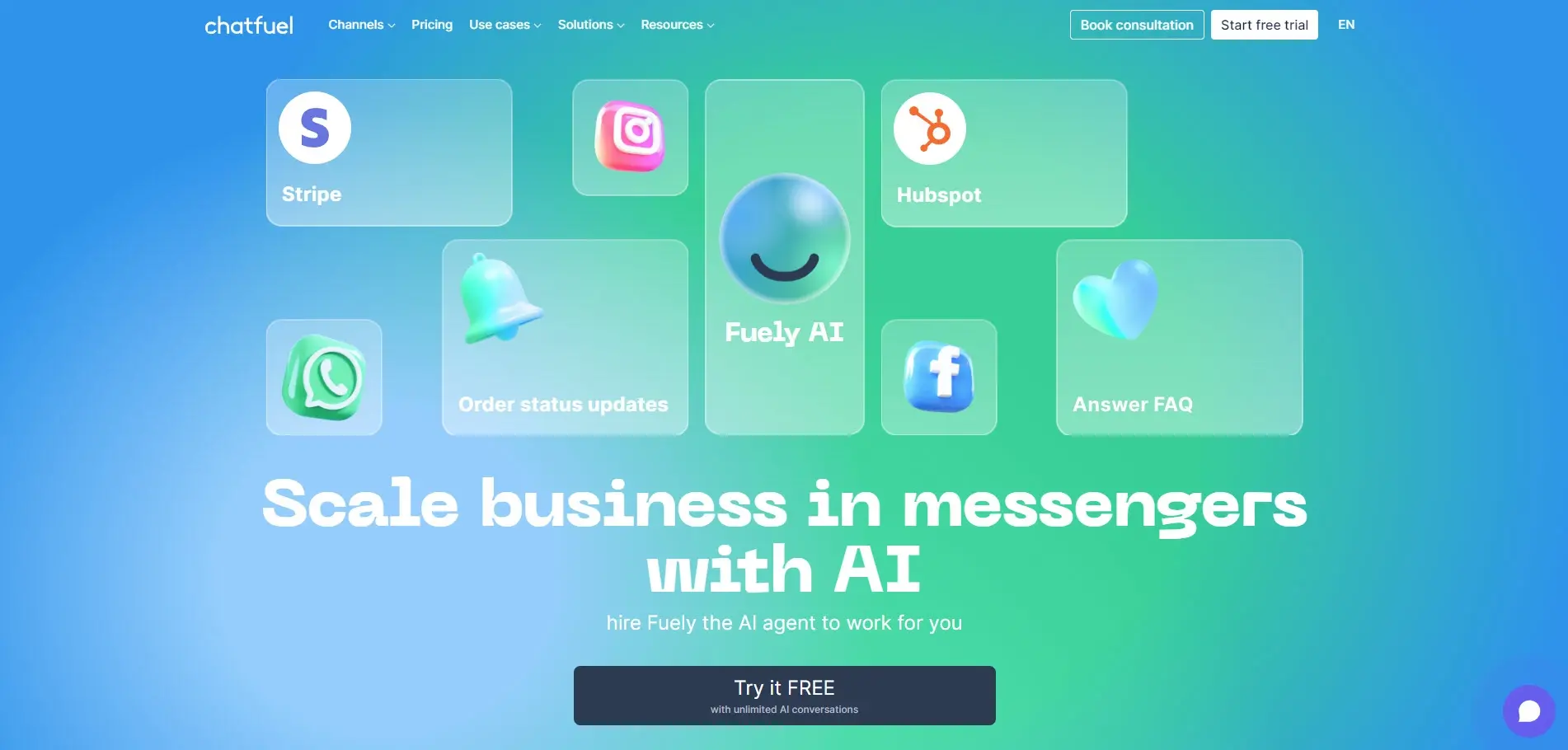
Chatfuel provides AI chatbots for your website. It works great for any industry and integrates with many major platforms including WordPress. It can create ads, messages, stories, live chat, and lots more.
Prices range from $15-300 per month, depending on the number of conversations you want.
Using AI in Marketing
Let’s see how digital marketers can use these tools to improve their marketing efforts. I’ll show screenshots from some of the AI marketing tools we’ve discussed.
For more about marketing, see the articles FOMO in Marketing and Interactivity in Digital Marketing.
Improving the Customer Experience
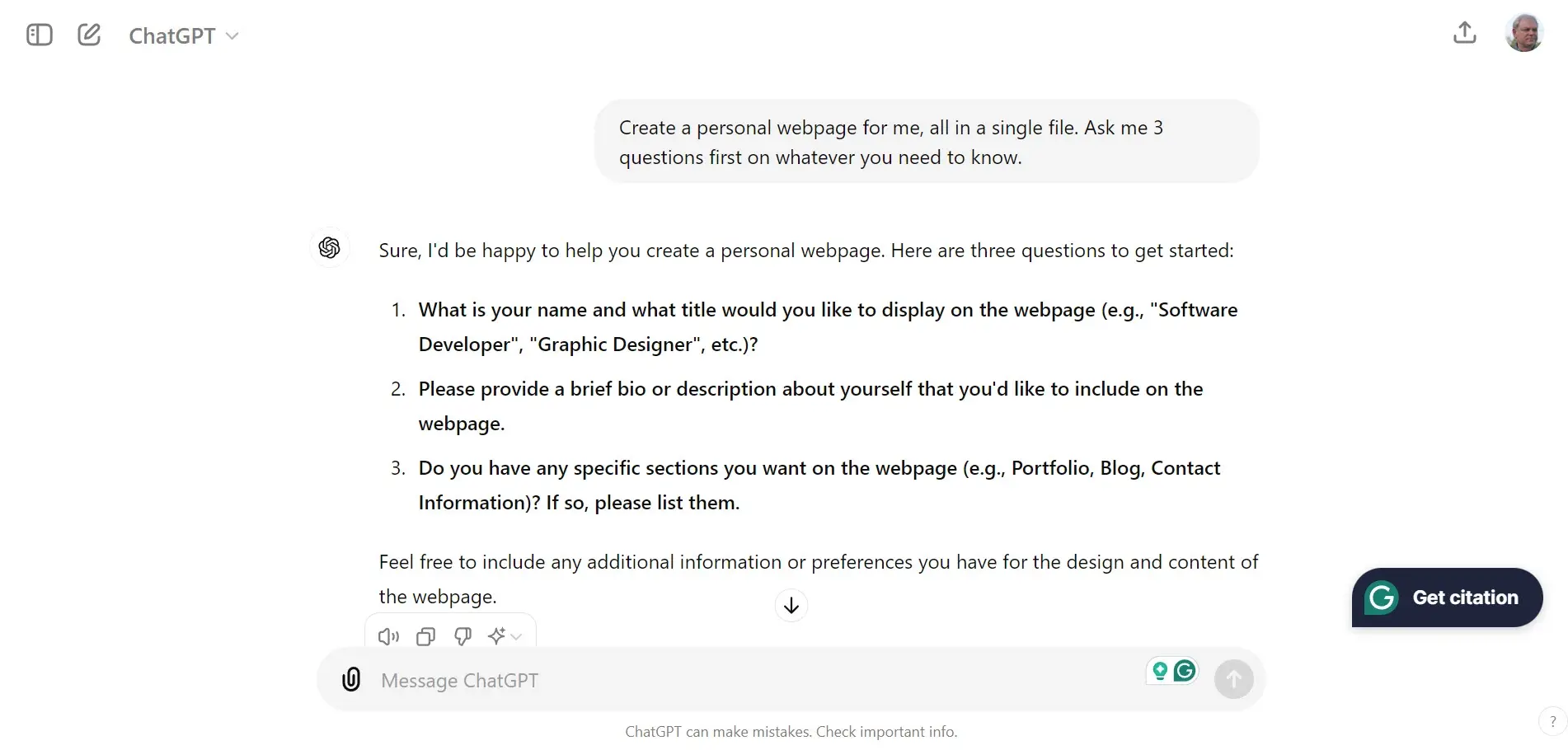
One of the primary goals of digital marketing is to improve the customer experience. Improving the customer experience leads to more sales. Customers who enjoy their shopping experience often become returning customers and are more likely to share their experience with others. This builds brand loyalty and boosts sales.
AI can help improve the user experience with personalized content. It can even help with improving your web design elements such as colors, button placement, product descriptions, and more.
For more information about web design using AI, see the articles AI in Web Development Trends and Techniques You Need to Know and Basic Guide to AI in Web Design.
Create Content
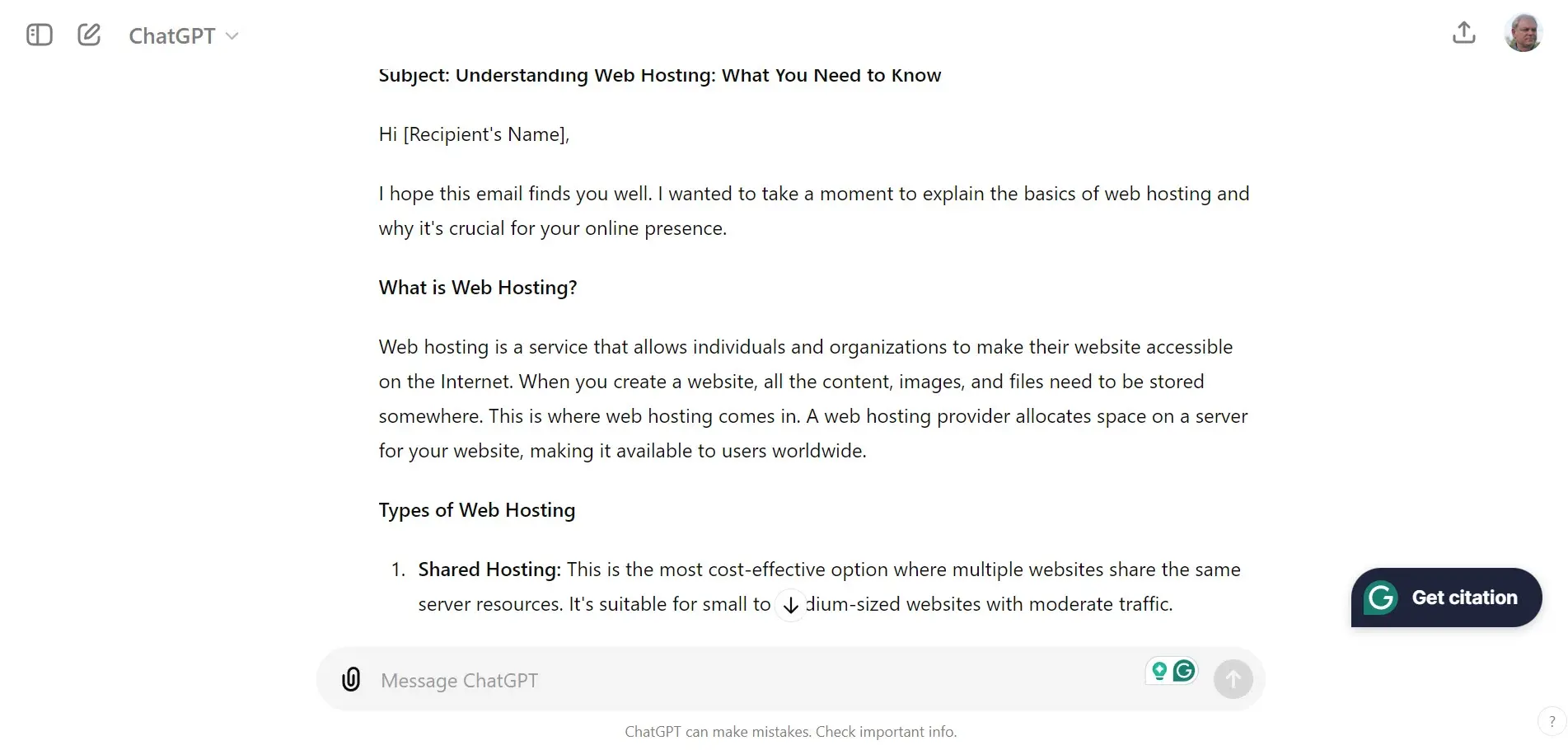
Digital markets can use AI to create a starting point for marketing written content such as email copy, social media posts, ad copy, captions, website copy, blog copy, webinar outlines, images, video, and audio.
This content will need to be refined, but AI can create a good starting point such as idea generation, outlines, or a first draft. The content will need to be fact-checked, researched for plagiarism, and rewritten or edited to match your brand.
Keyword Research
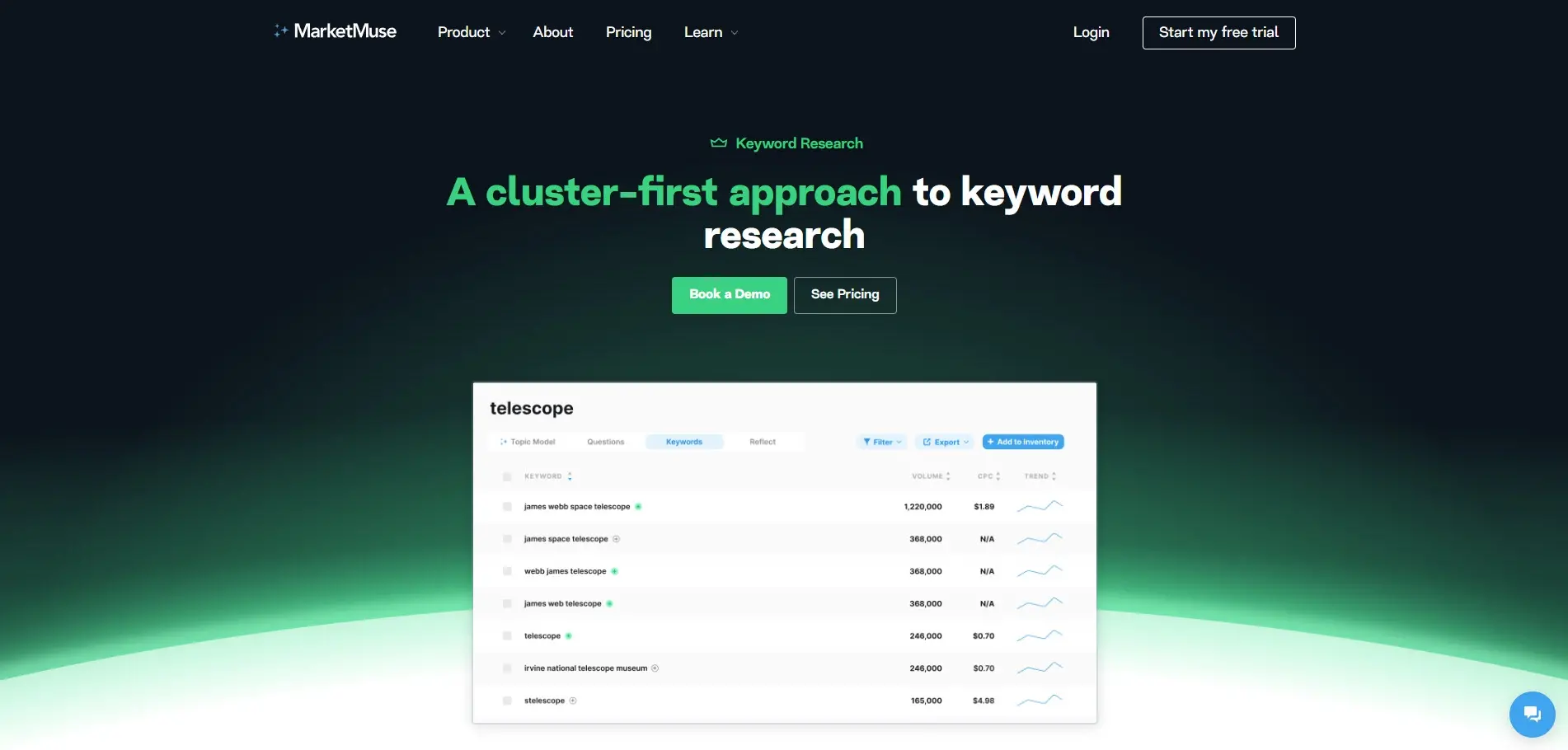
AI can list the best keywords for your topic. Researching keywords isn’t difficult, but you can end up with thousands of results and not know where to start. AI tools let you enter your topic and get a list of the best keywords organized the way you need them.
Predicting Customer Behavior
In marketing, it’s important to predict how customers will respond to a campaign. It’s helpful to predict the number of email opens, ad clicks, the time on a page, individual product sales, and the overall sales amounts.
Predicting customer behavior helps when placing ads, creating calls to action, and the campaign's effectiveness and ROI (Return on Investment). This helps marketers know the platforms to focus on and the types of campaigns to create to get the most out of their marketing dollars.
AI can analyze existing data based on your products and audience and predict which platforms and types of ads would see the most benefit.
Personalize Content
AI can personalize the experience based on the customer’s behavior. This includes what they’ve purchased from your shop, the information they’ve included in forms they’ve filled out for your shop, what they’ve interacted with on your website, and more.
Personalized content gets customers’ attention and helps improve their experience with your content. It presents them with items they’re more likely to be interested in, which improves sales. AI uses data to better understand your customers and provide them with a custom personalized experience.
Analyze Data
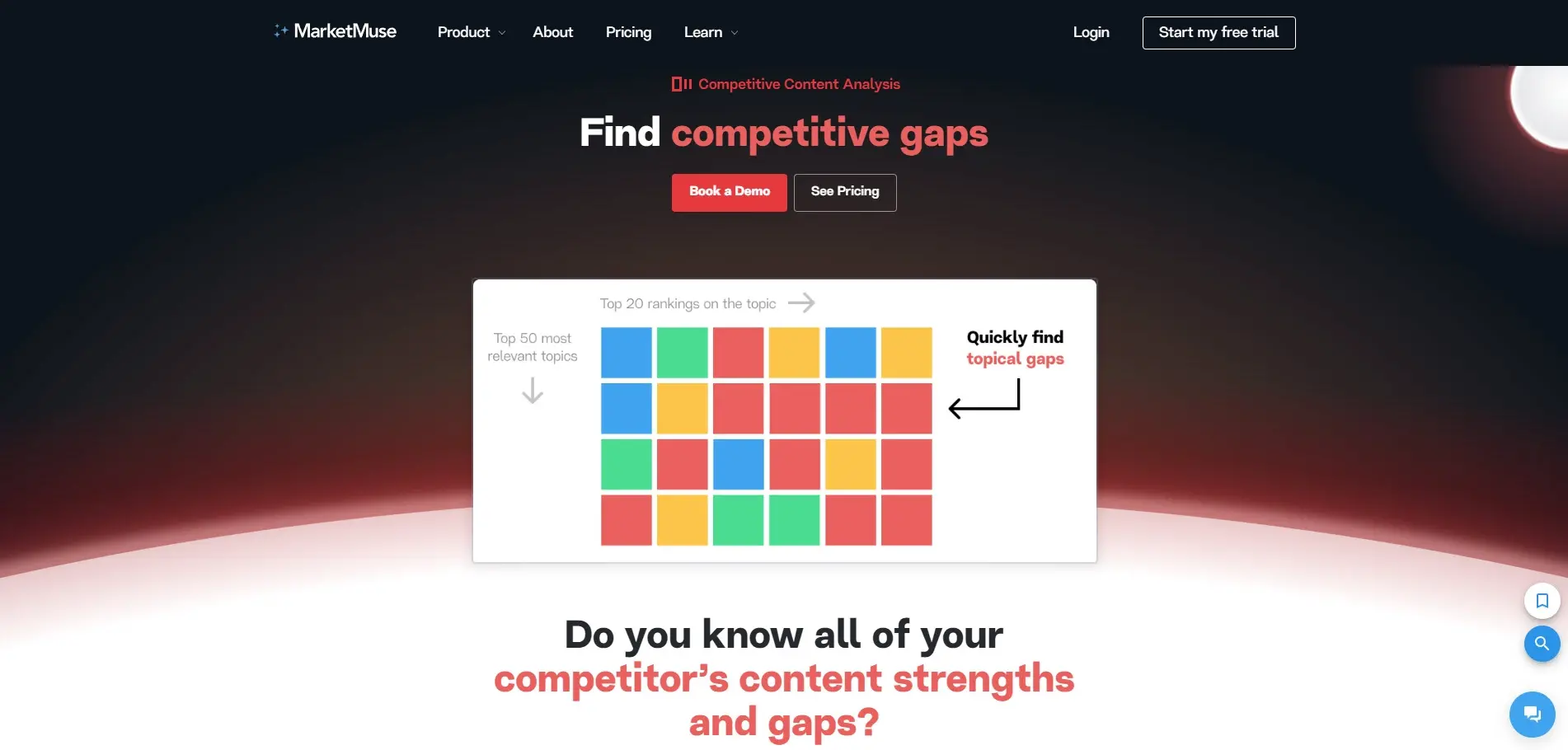
Marketing tools provide lots of data for analysis. Understanding the analytics can help you develop targeted marketing campaigns and get the most out of your marketing budget. Unfortunately, analyzing that data can be difficult and time-consuming.
AI tools can analyze that data for you. It can even analyze and summarize data from multiple marketing platforms. Some marketing platforms include AI tools to help you with data analysis.
Purchase Ads
Companies used to research platforms, such as social media, search engines, websites, blogs, email lists, podcasts, video channels, other types of content creators, etc., for ad placement opportunities. Now, they can use AI to provide that list of opportunities.
AI can show the best ad placement options based on your customer and revenue needs. They will ensure that you target the correct audience with the right types of ads. Some ad platforms, such as Google AdSense, include AI tools to help build your ads.
For more about using Google Ads, see the article How to Advertise With Google Ads.
Automate Email
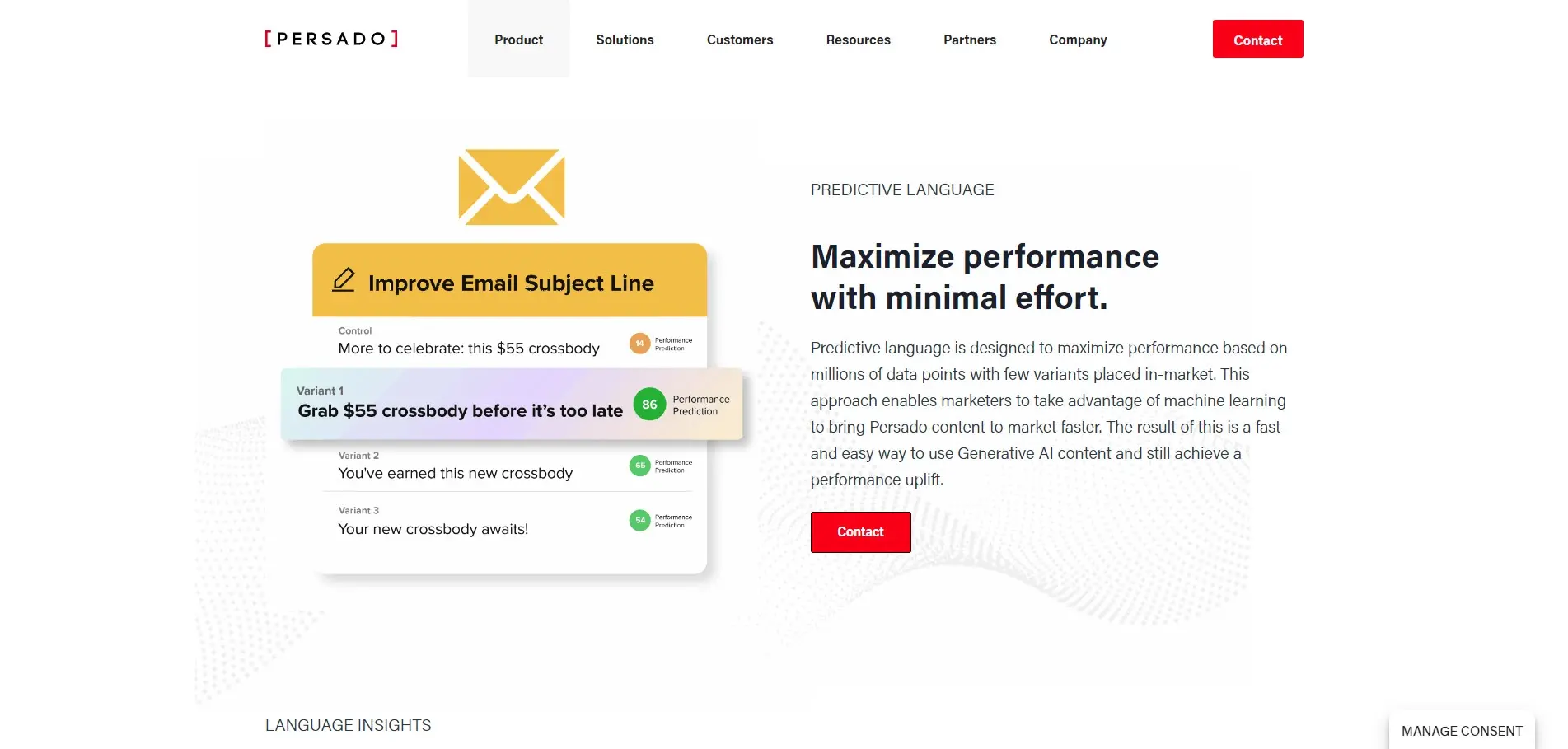
AI can automate your email marketing campaigns by creating headlines and content. It can improve your campaigns based on your email platform’s data, send emails based on a segmented audience, create campaigns that are more likely to be noticed and shared, etc.
For more about using email in your marketing efforts, see the articles 8 ECommerce Email Marketing Examples That Convert and 10 Reasons Why You Need to Build an Email List.
Communication with Chatbots
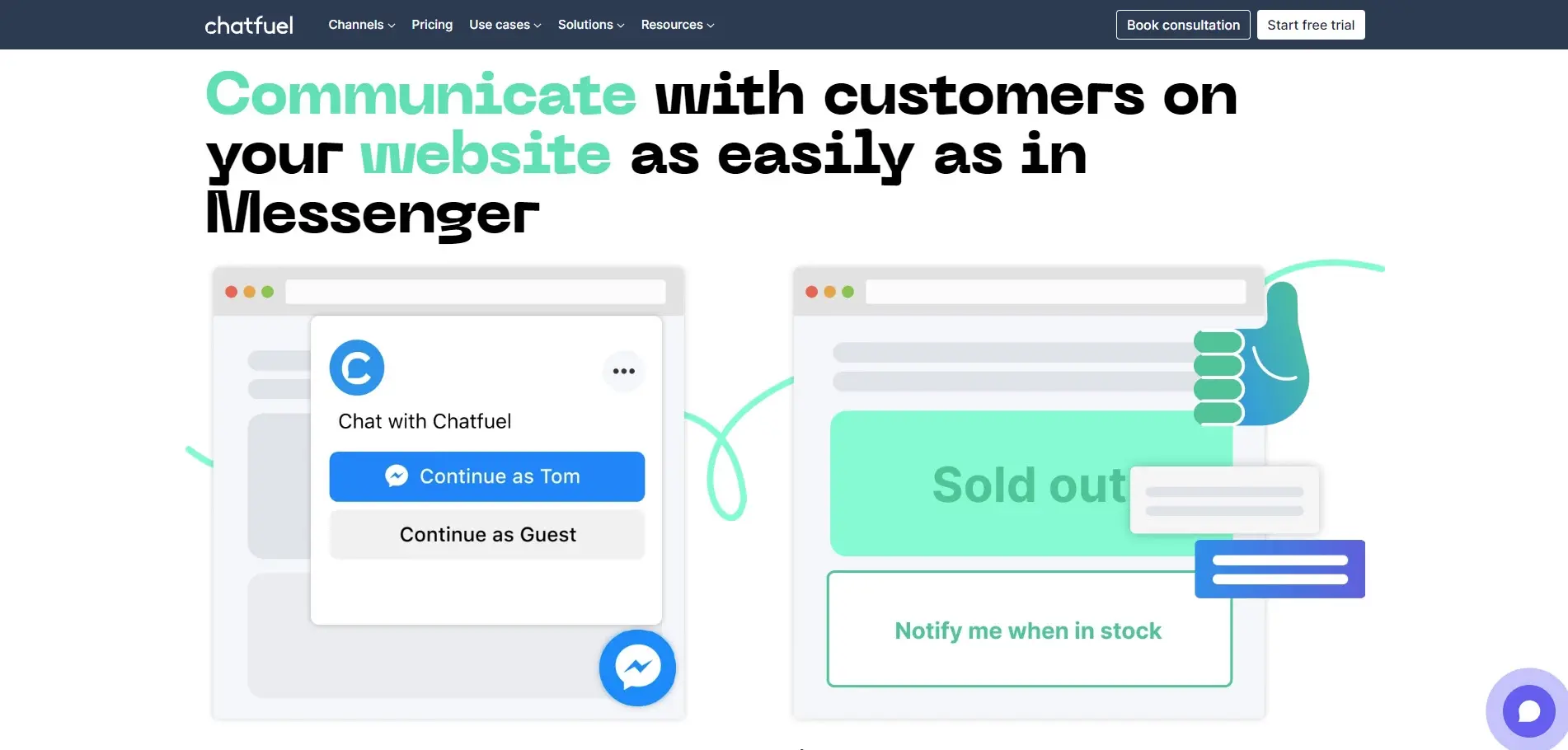
Chatbots are great for answering common questions and providing product suggestions. They can be customized for your brand. They can even personalize the answers based on past purchases and details provided in the chat. This makes them helpful for presells and converting visitors into buyers.
Advantages and Disadvantages of Using AI in Marketing
Advantages
Disadvantages
Advantages of Using AI in Marketing
There are lots of advantages to using AI in marketing. Here are the most prominent advantages.
Saves Time
Creating marketing content takes a lot of time in research and trial and error. AI tools can save time. Regardless of the task we want it to perform, it can perform the text faster than we can, sometimes saving many hours of work.
We can also make changes faster based on its analysis of campaign performance. In marketing, creating a campaign fast sometimes means beating others to the market. This not only saves time but helps improve sales as well.
Improves Decision Making
AI improves your decision-making around your marketing content. AI can analyze data and make marketing recommendations, which makes it easier to make decisions based on that data.
Get Started Faster
AI can get you started on creating your content. Simply input a description of what you want to create, and the AI platform can generate it within seconds. Quickly see outlines, sample paragraphs, headlines, product descriptions, and more. This gives you a good head start for creating these types of content.
Increases Campaign ROI
It increases your campaign ROI. AI can analyze your campaigns, allowing you to make changes quickly to get more out of each campaign.
Improves Customer Experience
It improves your customer experience with your content and brand. Recommendations can target them specifically, so they see products and content they’re interested in.
Inexpensive to Use
Most AI platforms are free or require a subscription. Most are inexpensive when you consider the savings on manpower and time. One person can create prompts and edit the results in less time than it could take a team of marketing experts.
The expenses, savings, and ROI are easy to calculate, so teams can justify the cost of using an AI platform.
Disadvantages of Using AI in Marketing
AI does have limitations and disadvantages when it comes to digital marketing.
Lower Quality
The content quality can be much lower than content written by a human. Text written by AI can sound dry and dull. Boring content won’t capture leads and convert them into buyers. Instead, it will get ignored.
Incorrect Information
The information in the content could be wrong. AI was trained from content on the web, and it doesn’t always know fact from fiction. I’ve seen AI create a recipe using fictional fruit. It didn’t know the user couldn’t get the fruit in real life. This requires extra effort to verify the facts.
Similar or Plagiarized Content
The content may be too similar to a competitor or even plagiarized. AI isn’t always careful enough to create fresh or new content. Instead, it may reproduce content verbatim. This requires extra effort to verify there are no copyright issues or companies with similar content.
Doesn’t Sound Like Your Brand
The content won’t always sound like your brand. Content written by AI usually just provides facts with no human element, such as opinions, biases, or insights. Content for marketing should be interesting and engaging.
Ending Thoughts on Using AI in Marketing
That’s our look at using AI in marketing. We’ve only highlighted a few of the AI marketing tools, but you can perform any marketing task from the AI tools on this list. For every problem caused by one AI tool, there is another AI tool that can solve it. AI tools are great for saving time and getting a head start on creating your marketing materials.
We want to hear from you. Do you use AI in marketing? Let us know about your experience in the comments.
Frequently Asked Questions
How does GitHub Copilot's use of artificial intelligence enhance developer productivity?
By leveraging artificial intelligence, GitHub Copilot understands natural language comments and provides code suggestions, helping developers write code faster, automate repetitive tasks, and learn new programming languages or coding standards more efficiently.
What is the role of artificial intelligence and machine learning in ethical hacking?
AI and machine learning enhance ethical hacking by automating tasks, identifying patterns, and improving threat detection. Ethical hackers leverage these technologies to analyze large datasets and enhance security measures.
What role does storytelling play in B2B marketing?
Storytelling is a powerful element in B2B marketing as it humanises businesses and creates emotional connections with the audience. Narratives that highlight company values, success stories, and the journey of overcoming challenges resonate with B2B clients.
What distinguishes successful B2B marketing strategies from conventional tactics?
Successful B2B marketing strategies go beyond conventional tactics by prioritising the establishment of enduring relationships and the consistent delivery of value. This approach, combined with a proactive response to changing market dynamics, sets successful strategies apart in the competitive B2B landscape.

Randy A. Brown is a freelance writer from east TN specializing in WordPress and eCommerce. He's a longtime WordPress enthusiast and loves learning new things and sharing information with others. If he's not writing or reading, he's probably playing guitar.
View all posts by Randy A. Brown















